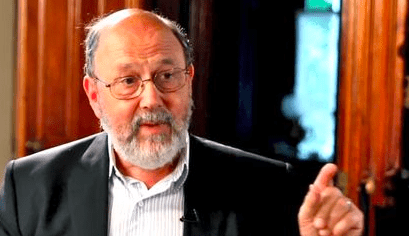Undoubtedly, the tide has turned. Voices like Tom Wright and Brian McLaren have convinced many that we need to quit obsessing about escaping from this world and to rethink our belief that heaven is “out there” in the sky where we go when we die. Surely the vision of Revelation 21–22 ought to convince us that the new heavens and the new earth are not up in heaven somewhere but instead a vision of heaven coming down to earth.
Let’s assume this. Now how do we talk about our expectation if this is our theology? In what sense are we, as Tony Thiselton contends (in Life after Death), people in waiting? How then should we live?
The key term for Thiselton is “expectation.” Romans 8:19, when it says the whole creation “awaits” uses a term that can mean “cranes its neck in expectation.” But what does it mean to “expect”? Does it mean some kind of psychological anxiety and tension or is it otherwise? As a young man I was so persuaded by a preacher of eschatology that I asked my pastor if I should go to college? That’s the psychological tension Thiselton speaks of. (My pastor said “Go to college, in the case the preacher’s wrong.” He said this with a certain look in his eye.)
Thiselton’s contention is that “expectation” is about “readiness” in the here and now, and is not about what goes in our mind, emotions or psyche but how we live in the here and now in readiness. (He uses Wittgenstein to develop this idea, not relying on him but using him, though I think he spends too much time with said German Austrian philosopher.) Expectation is evidence by behaviors that evince readiness.
Thiselton observes two major features of how Christians have understood “expectation” or “waiting.” One side, seen in Augustine, Tyconius, Jerome and Luther, is calm faithfulness in the now. There is a legend that Luther said he if he knew the Lord was coming tomorrow he’d plant an apple tree today — illustrating Luther’s calm about future expectation. The other side, seen in Victorinus, Lactantius and Ambrosiaster, is the apocalyptic view: rev the stuff up and get ready (the psychological dimension of readiness tension).
So Thiselton’s view is that we ought to live faithfully, doing what God has called us to do. Knowing that the kingdom will come.











